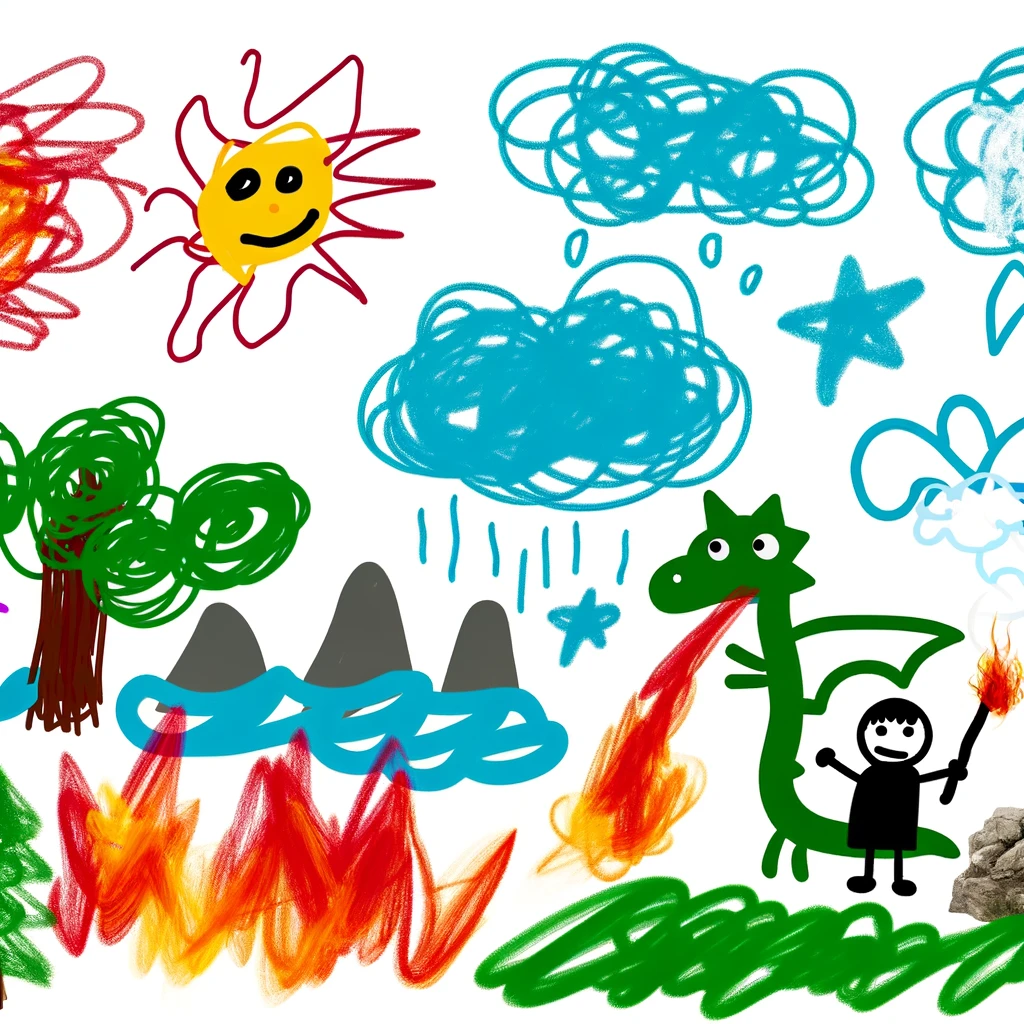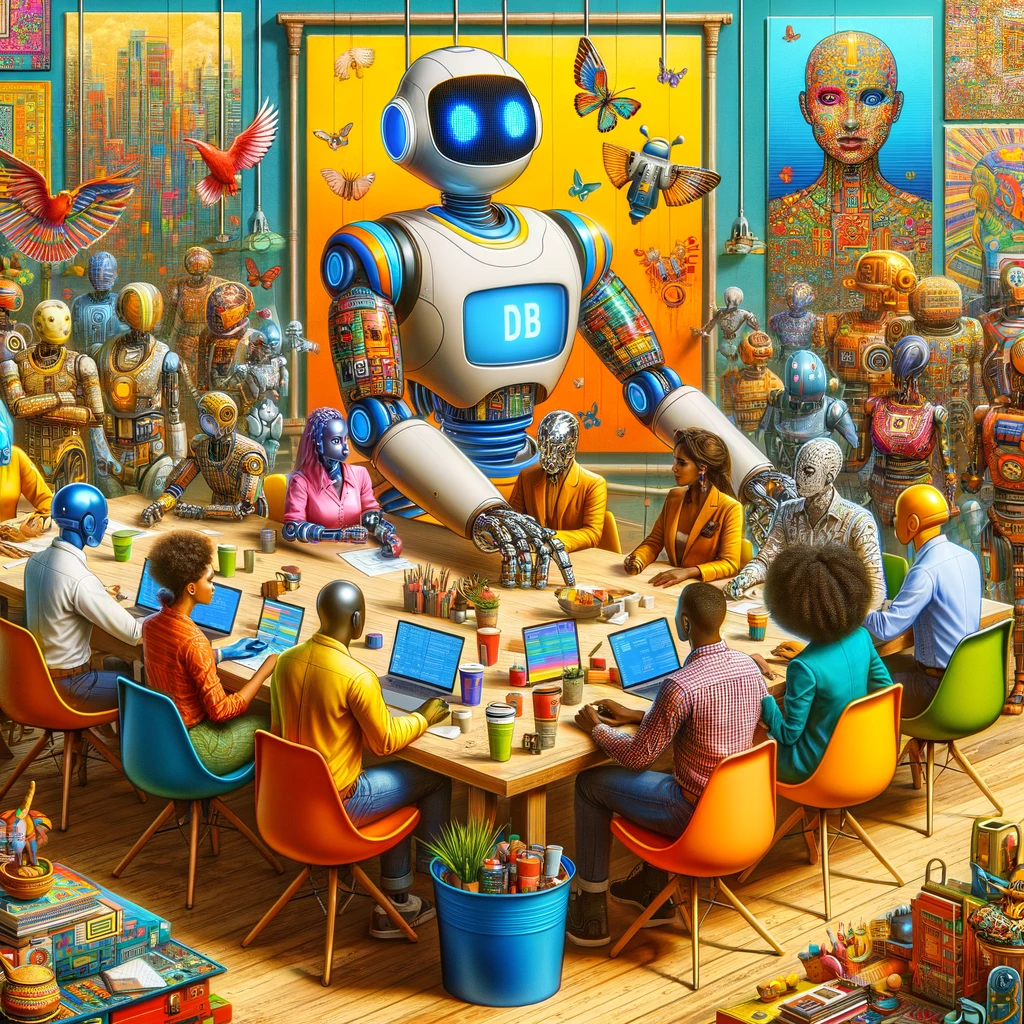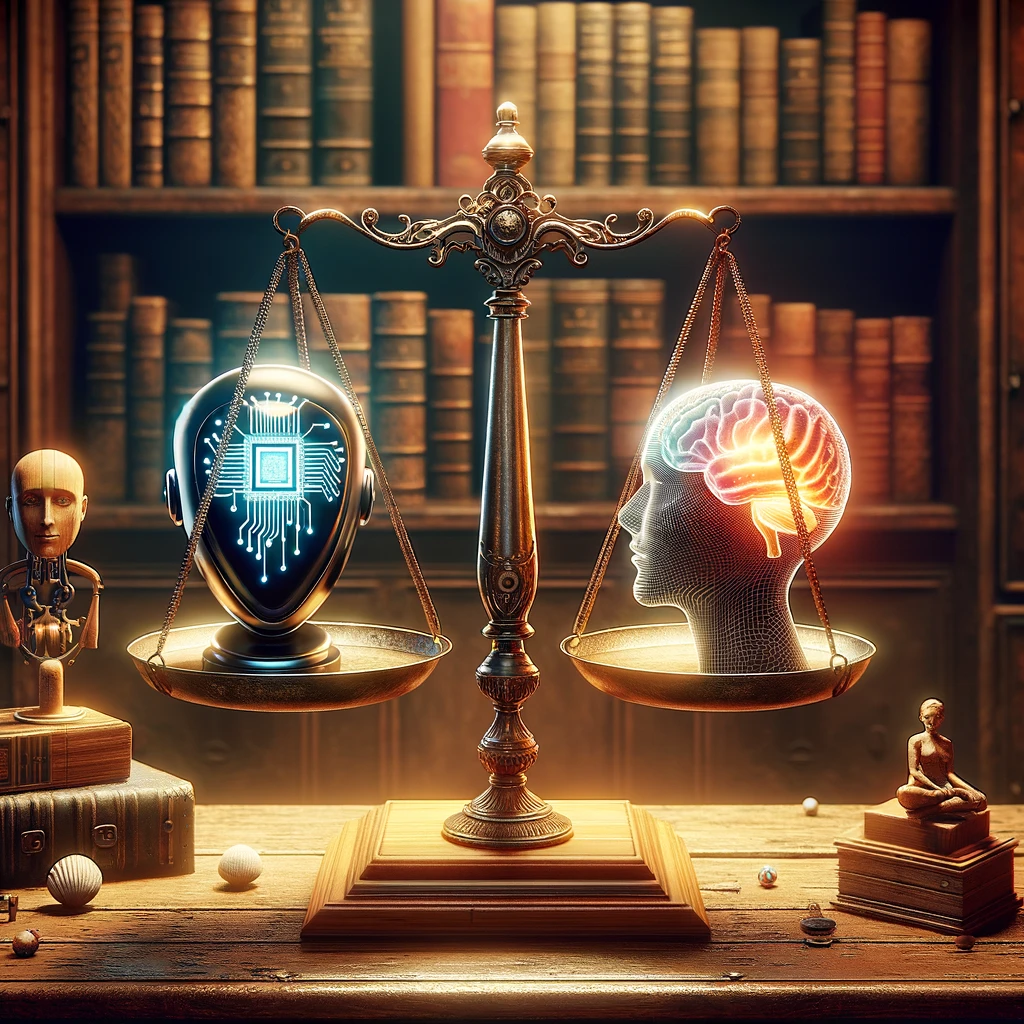Jordan’s career in Communications has spanned over a decade, working with some of the best and brightest in the public and private sector. Jordan has managed election campaigns, written speeches for CEOs, and advised leaders in government, politics, and national charities. He’s also a passionate lover of music, the arts, and all things sci-fi!
Jordan was an early adopter of ChatGPT and other AI tools. So I spoke to him about his curiosity about AI, how he turned that into a training course for Communications professionals, and where he predicts the industry is moving.
Shannon Currie: You’re a passionate writer and storyteller. You also have a wealth of experience in politics. Is that what brought you to Communications?
Jordan Ray: I fell into Communications through my love of writing and politics. As soon as I could write, I loved it. I remember writing stories in kindergarten about fantastical adventures in imaginary worlds – I just loved the freedom writing gave me to share ideas. And with politics, I got interested in it because I saw it as a way to make someone’s life better – lots of people’s lives, actually. I got my first job in politics because it required being able to communicate effectively, and I could do that with writing!


SC: Let’s switch gears and talk about AI and writing. You started into ChatGPT and other AI tools very early on. What made you curious about bringing AI into your work process?
JR: I was curious about it because AI will help people level up how they spend their time in so many industries. It’s a tool that can make us more productive. And that’s why I love using it – it frees up my time from a lot of the tasks I have that aren’t the actual writing.
I see it like AI can do all the stuff that, if your company were big enough, you might have interns doing. Getting interns to do grunt work is a whole other conversation. But that’s also why I call ChatGPT my unpaid intern!
SC: Why is it important for all Communications professionals to learn how to use AI in their roles?
JR: I don’t look to AI to do actual writing and strategy. Right now, AI is more efficient than humans at analyzing. So if you feed it your research notes, survey data, input from focus groups, and so on, it’s able to quickly create summaries or extract themes and trends. You still need to check the work, but it accelerates what you can accomplish in your day. So if you’re not using AI as a communications professional, you’re missing an opportunity to improve your productivity.
SC: It’s one more tool for professionals to use.
JR: Exactly. But a tool that can also change how we communicate. Anyone who works in Communications can remember ten or 15 years ago when social media became an important part of communications. That change created all of these new communications jobs – social media content creators, community managers and digital marketers. That tool changed the way we all started approaching communications and how we reach audiences. We’ll see that kind of industry change with AI.
SC: Is that what led you to create our new AI Best Practices for Communications course?
JR: The idea came from a conversation between a member of our Advisory Board, Lloyd, and me. Our clients and partners talked about using AI in their workplace or toying with what it could do for them. So that’s why we created the course – to give people a space to learn about these tools, see how they apply to their roles and give them a chance to test them out with common tasks.
SC: There’s a learning curve to the prompts with ChatGPT and other large language models. What’s been your experience there? And is this an area you cover in the AI training workshop?
JR: I would say that I get Chat and Chat gets me now. But I did experience the learning curve with it at first. ChatGPT and these other programs aren’t going to take initiative – yet – so there are logic gaps that it can’t intuit. So how you prompt it is key to getting the results you want, quickly. And shortening that learning curve is something we address in the training workshop.
This workshop drills down on how AI can help communication professionals in their day-to-day.
Participants learn how to use these tools effectively so that they don’t have to go through the same learning curve that you and I have gone through. And most importantly, they will learn how to bring these tools into their organizations safely, protecting themselves and their clients.
SC: You said ChatGPT doesn’t take initiative “yet.” Are you laying out any predictions here?
JR: AI is changing by the day, so we might need to talk again in a year or even just a month from now. I can pretty safely say that AI will change the way we communicate. And I think it’s going to put pressure on communicators to produce more content faster – so that’s why we have to know how to use it.
SC: So what can people expect from this training workshop?
JR: They can expect to have AI demystified. We’re going to cover what AI is and what it isn’t. We look at the larger landscape – what’s going on in the industry – so people can speak intelligently about it and break down some of the intimidation. But we also separate the interesting from the relevant. This workshop drills down on how AI can help communication professionals in their day-to-day.
Participants learn how to use these tools effectively so that they don’t have to go through the same learning curve that you and I have gone through. And most importantly, they will learn how to bring these tools into their organizations safely, protecting themselves and their clients.
SC: Zooming out for a second, what do you think the value of human creativity is in this new AI landscape?
JR: I think creativity has value, whether human or not. Because I think creativity is part of life – it’s innate to who we are. So if AI gets to the place where it can be independently creative, that’s pretty cool – it means we’ve created a new species. And I love Star Trek, after all.
But I think there’s more to be excited about than not with AI. Humans will always create, and we’ll always value creativity. It’s who we are. So, I don’t think AI takes that away. I think it will help us become better creators.


SC: Last question: we’ve joked about ChatGPT becoming the new intern. But it makes me think about how much I learned as an intern – it’s how many of us built our skills. With that in mind, do you think there’s a loss here in terms of how institutional knowledge is passed down?
JR: For sure. Anytime you have a transformative piece of new tech that comes along like this you have a loss. I look at my niece and nephew, who might be some of the last kids to learn cursive writing because my sister wants to teach them.
So yeah, there’s going to be some loss of valuable knowledge. All I can do is hope that the benefits will outweigh that loss. This tech revolution might allow us to put some tools in the Tool Box Hall of Fame if you like.

To learn more about Curious Public’s AI Best Practices for Communication workshop, contact us today.
Shannon Currie
Senior Consultant and Writer at Curious Public.


